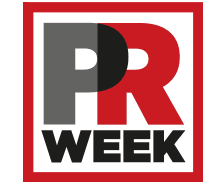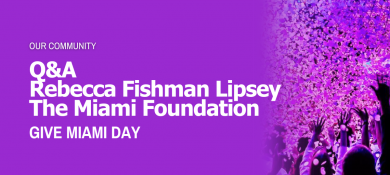Schwartz Media Strategies’ Partner Aaron Gordon explains to PRWeek how Snapchat should take accountability for the recent speed filter crisis.
Snapcha t released an anti-distracted driving filter on the same day another filter on the app was blamed in a lawsuit for allegedly causing a driver using it to get into a serious car accident.
t released an anti-distracted driving filter on the same day another filter on the app was blamed in a lawsuit for allegedly causing a driver using it to get into a serious car accident.
Specifically, the suit is aimed at Snapchat’s speed filter, which can show how fast a person is traveling in miles per hour when a photo is taken.
The lawsuit was filed by Uber driver Wentworth Maynard, who claims 18-year-old Christal McGee was driving more than 100 mph in order to send a Snap with the speed filter when she collided with his car in September. As a result of the accident, Maynard claims to have suffered serious brain damage, according to the suit.
On April 19 — the day the suit was filed — Snapchat released a filter that said, “I won’t Snap and drive.” Snapchat worked with The Advertising Council and the National Highway Traffic Safety Administration on the filter, which is no longer available on the app. Snapchat did not confirm whether the anti-distracted driving filter was released in response to the suit.
“No Snap is more important than someone’s safety,” a Snapchat spokesperson told PRWeek in an emailed statement. “We actively discourage our community from using the speed filter while driving.”
The company warns its users about distracted driving with an in-app notice and a clause in its terms and conditions. When the speed filter was launched in 2013, Snapchat’s CEO Evan Spiegel also emphasized in interviews with media outlets that users should not Snap and drive.
Snapchat reps would not comment further.
Aaron Gordon, partner at Schwartz Media, said Snapchat should begin a public awareness campaign about distracted driving, once this crisis has been contained.
“Snapchat points out ‘no Snap is more important than safety,’ but that ignores the fact that the speed filter is an irresponsible use of technology that shouldn’t have existed in the first place,” Gordon said.  “Snapchat should eliminate the filter immediately, issue an apology to the victim and his family, and take steps to reach a settlement that will avoid damaging litigation.”
“Snapchat should eliminate the filter immediately, issue an apology to the victim and his family, and take steps to reach a settlement that will avoid damaging litigation.”
Eric Dezenhall, CEO of crisis PR firm Dezenhall Resources, said the key argument for Snapchat may lie with the personal responsibility of its users. He questions: “How enthusiastic is a court going to be blaming an app versus a human being with free will who chose to behave like this?”
Melissa Arnoff, SVP at Levick, believes lawsuits like this may hurt the company’s reputation and potentially dissuade investors if it ever decides to go public.
“The company’s statement was not very empathetic,” she said. “I understand why Snapchat wouldn’t take the blame for the actions of its user, but it also didn’t express sympathy for the victim and his family or call out the speeding driver for doing anything wrong.”
Arnoff added, “If Snapchat wants to be viewed as a company that is doing good, or at least enabling harmless fun, then it should consider terminating the speed filter.”
The news of the lawsuit comes only a week after Snapchat felt backlash for a 4/20 filter of Bob Marley that spurred accusations of blackface.




 See More Blogs
See More Blogs
Comments